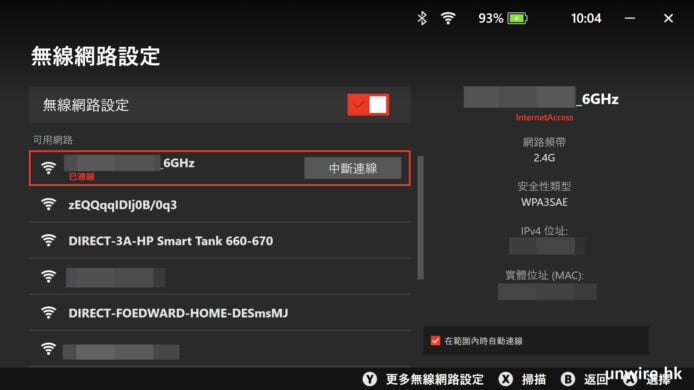Research shows that WhatsApp can read messages due to the way the company has implemented its end-to-end encryption protocol. Photograph: Ritchie B Tongo/EPA
Manisha Ganguly
@manisha_bot
Friday 13 January 2017 11.00GMT Last modified on Friday 13 January 2017 11.18GMT
Share on Facebook Share via Email Share on Pinterest Share on Google+ Share on WhatsApp Share on MessengerA security backdoor that can be used to allowFacebook and others to intercept and read encrypted messages has been found within its WhatsApp messaging service.
Facebook claims that no one can intercept WhatsApp messages, not even the company and its staff, ensuring privacy for its billion-plus users. But new research shows that the company could in fact read messages due to the wayWhatsApp has implemented its end-to-end encryption protocol.
Privacy campaigners said the vulnerability is a “huge threat to freedom of speech” and warned it can be used by government agencies to snoop on users who believe their messages to be secure. WhatsApp has made privacy and security a primary selling point , and has become a go to communications tool of activists , dissidents anddiplomats.
WhatsApp’s end-to-end encryption relies on the generation of unique security keys, using the acclaimed Signal protocol, developed by Open Whisper Systems , that are traded and verified between users to guarantee communications are secure and cannot be intercepted by a middleman. However, WhatsApp has the ability to force the generation of new encryption keys for offline users, unbeknown to the sender and recipient of the messages, and to make the sender re-encrypt messages with new keys and send them again for any messages that have not been marked as delivered.
The recipient is not made aware of this change in encryption, while the sender is only notified if they have opted-in to encryption warnings in settings, and only after the messages have been resent. This re-encryption and rebroadcasting effectively allows WhatsApp to intercept and read users’ messages.
The security backdoor was discovered by Tobias Boelter, a cryptography and security researcher at the University of California, Berkeley. He told the Guardian: “If WhatsApp is asked by a government agency to disclose its messaging records, it can effectively grant access due to the change in keys.”
The backdoor is not inherent to the Signal protocol. Open Whisper Systems’ messaging app, Signal, the app used and recommended by whistleblower Edward Snowden, does not suffer from the same vulnerability. If a recipient changes the security key while offline, for instance, a sent message will fail to be delivered and the sender will be notified of the change in security keys without automatically resending the message.
WhatsApp’s implementation automatically resends an undelivered message with a new key without warning the user in advance or giving them the ability to prevent it.
Boelter reported the backdoor vulnerability to Facebook in April 2016, but was told that Facebook was aware of the issue, that it was “expected behaviour” and wasn’t being actively worked on. The Guardian has verified the backdoor still exists.
Facebook Pinterest
The WhatsApp vulnerability calls into question the privacy of messages sent across the service used around the world, including by people living in oppressive regimes. Photograph: Marcelo Sayo/EPA
Steffen Tor Jensen, head of information security and digital counter-surveillance at the European-Bahraini Organisation for Human Rights, verified Boelter’s findings. He said: “WhatsApp can effectively continue flipping the security keys when devices are offline

















